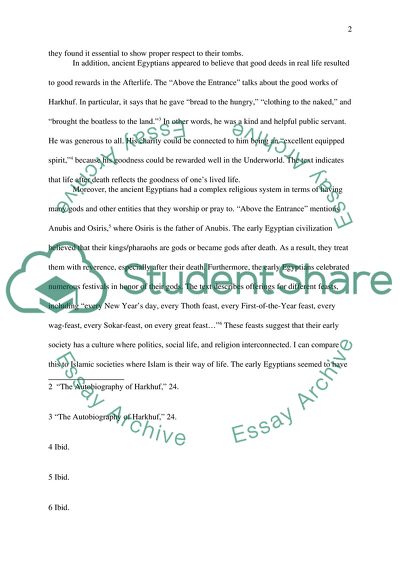Cite this document
(“The Afterlife and Great Leaders of Great Civilizations Essay”, n.d.)
Retrieved from https://studentshare.org/history/1701174-the-afterlife-and-great-leaders-of-great-civilizations
Retrieved from https://studentshare.org/history/1701174-the-afterlife-and-great-leaders-of-great-civilizations
(The Afterlife and Great Leaders of Great Civilizations Essay)
https://studentshare.org/history/1701174-the-afterlife-and-great-leaders-of-great-civilizations.
https://studentshare.org/history/1701174-the-afterlife-and-great-leaders-of-great-civilizations.
“The Afterlife and Great Leaders of Great Civilizations Essay”, n.d. https://studentshare.org/history/1701174-the-afterlife-and-great-leaders-of-great-civilizations.


